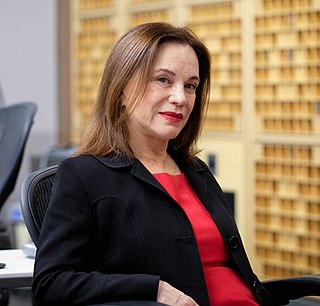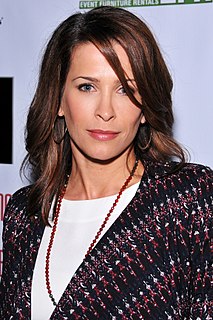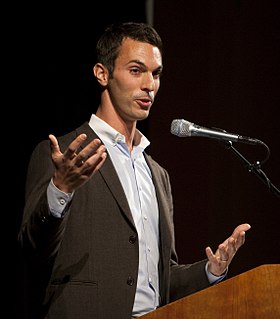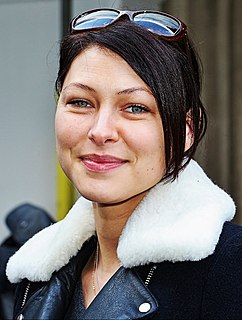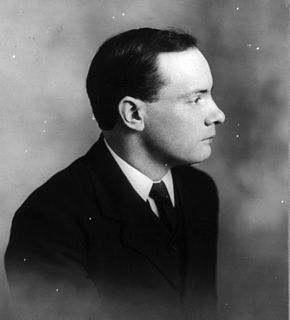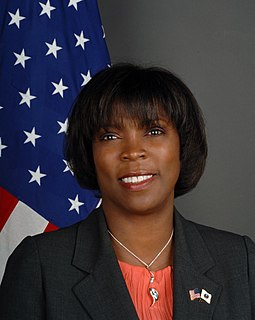A Quote by Mary Robinson
It is a time when Irish women can link - as they are linking - through networks. They can do this through having an outward-looking attitude to what's happening to women in other countries, and by being affected by a broader debate.
Related Quotes
I think the part of media that romanticizes criminal behavior, things that a person will say against women, profanity, being gangster, having multiple children with multiple men and women and not wanting to is prevalent. When you look at the majority of shows on television they placate that kind of behavior. If you go through a weekly Monday through Friday, it's all there. It's in how people on the sitcoms and cop shows talk to each other.
I don't think that Women's Liberation will change much though -- not because there is anything wrong with their aims, but because it is already clear that the whole world is being shaken into a new pattern by the cataclysms we are living through: probably by the time we are through, if we do get through at all, the aims of Women's Liberation will look very small and quaint.
It just struck me as really odd that there were all of these conversations going on about what young women were up to. Were young women having too much sex? Were young women politically apathetic? Are young women socially engaged or not? And whenever these conversations were happening, they were mostly happening by older women and by older feminists. And maybe there would be a younger woman quoted every once in a while, but we weren't really a central part of that conversation. We weren't really being allowed to speak on our own behalf.
Most Americans stopped looking at what was happening through a variety of coping mechanisms - starting with women entering paid work and then everyone working longer hours and using their homes for raising equity and generating more money through debt. The typical household basically staved off the day of reckoning.
I see certain parallels between the debate over feminism where some women argue that women should not be forced to stay at home and take care of children [and debate about hijab]. And there are other women who are saying you are criticizing my decision as a free liberated women to stay home and take care of my children.
We've demonstrated in modern countries or industrialized countries that women can do what men can do, but we have not demonstrated that men can do what women can do therefore children are still mostly raised, hugely mostly raised by women and women in industrialized modern countries end up having two jobs one outside the home and one inside the home.
We had early on women having the right to vote, then women in the workforce during WWII, just going back in history, and then we had the higher education of women, and then women more fully participating in the economy and in business, the professions, education, you name the subject... but the missing link has always been: is there quality, affordable healthcare for all women, regardless of what their family situation might be?
It was interesting that feminists of my generation told me: You are discouraging younger women; you are confirming stereotypes of women; you are opening a door, initiating a debate, that will harm our movement. And my point was: We are already having this debate, especially in the younger generation.
The majority of small-holder farmers in Africa are women and, in urban areas, you're primarily looking at women-led households. So we can't solve hunger if we don't have gender-sensitive programming that addresses access to opportunities for women, whether it's through education or tools for cooking, like solar-powered stoves.




